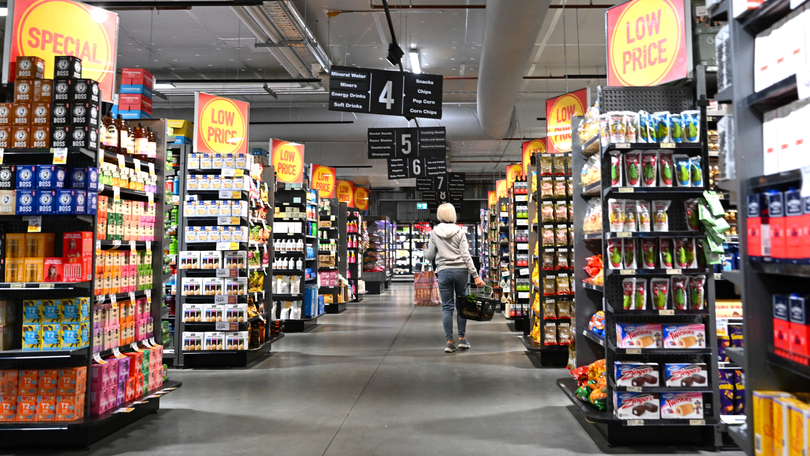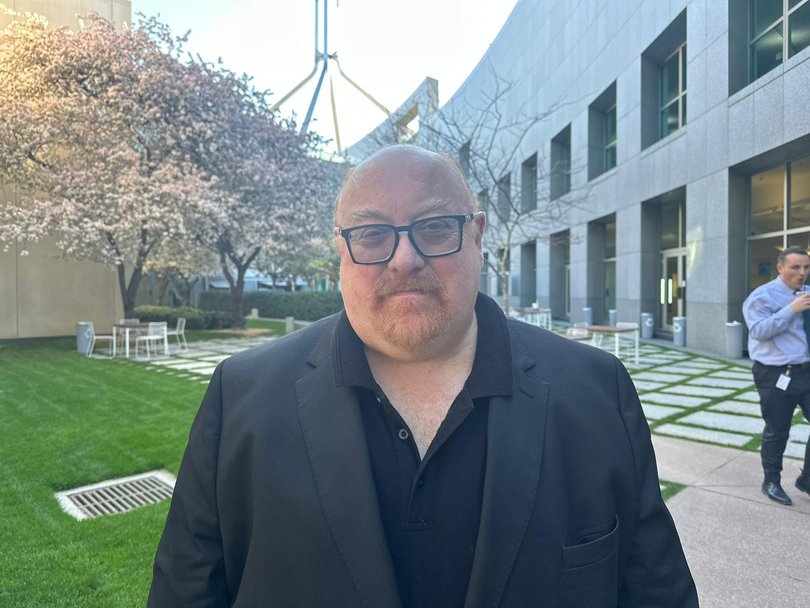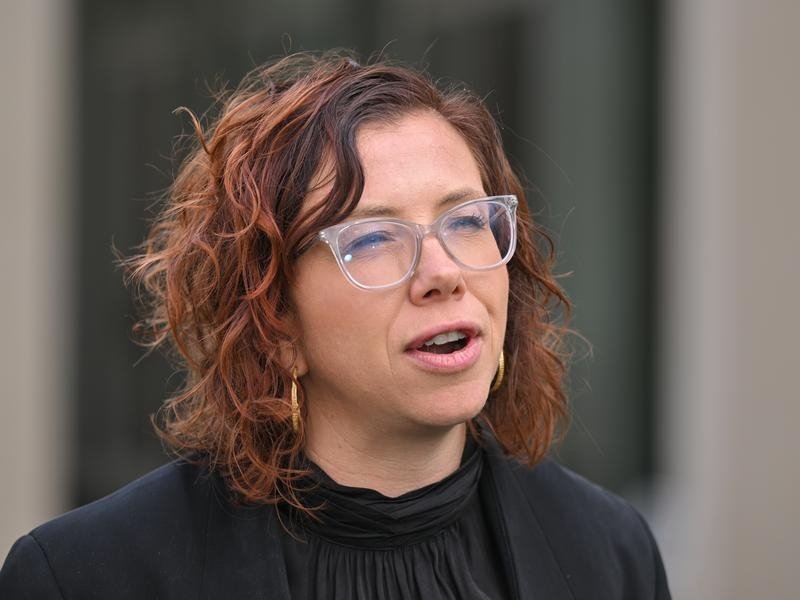Adelaide student reveals daily struggle of life on income support amid cost-of-living crisis

A mature-age student has opened up on his day-to-day “juggling” act trying to survive the cost-of-living crisis, adding his voice to appeals for income support payments to be lifted “to a liveable level”.
A new study has revealed the desperate moves Australians are making to get by, including skipping meals and going to bed early to save money.
Lester Tyley, 60, gave up his job as a security guard three years ago, saying that at his age the role was too taxing on his body and he had to find something new.
Sign up to The Nightly's newsletters.
Get the first look at the digital newspaper, curated daily stories and breaking headlines delivered to your inbox.
By continuing you agree to our Terms and Privacy Policy.He enrolled in university at the start of 2022 and is fulfilling a lifelong dream of studying paleontology and archaeology.
He is confident both will offer him opportunities to be a contributing member of Australia’s workforce once again, but fears how he will even finish his degree, considering cost of living pressures have left him in a “downward spiral”.
The Adelaide native receives $841 per fortnight as a participant of the government’s Austudy education assistance scheme, but $620 of that is drained by rent in the same two-week period and he has to stretch every last dollar to fuel his car, buy groceries, and keep the lights on.
“I’m constantly juggling credit and debt just to get by,” he told 7NEWS.com.au.
“The food I buy is what I can afford. It’s not nutritional - it’s the basics.”

Tyley said he is living a bare minimum life, going to uni lectures and classes, and searching for cost-effective bargains at the checkout.
He does not visit friends or go out, conceding the financial pressures are so immense that he is forced to skip meals.
“It does seem that no matter what I do to cut back, it’s not enough. It’s incredibly difficult,” he said.
“I do sit alone sometimes wondering how things will work out.”
A new study by the Australian Council of Social Service (ACOSS) suggests Tyley is far from alone in his experience.
The council surveyed 760 people living on JobSeeker, youth allowance and other income supports and found that 71 per cent have cut back on meat, fruit and vegetables.
More than half said they were skipping meals and a further 74 per cent struggle to afford the medicine and medical care they need.
Almost seven in 10 are cutting back on heating and cooling, and 42 per cent go to bed early to save money.
More than 1.4 million Australians receive payments similar to those listed above to cover food, housing, health care and transport.
‘National shame’
“These findings are deeply disturbing and are a source of national shame,” ACOSS acting chief executive Edwina MacDonald said.
“The shockingly low rate of income support is seriously damaging people’s physical and mental health.
“The reality is that if you receive JobSeeker or a related income support payment, you are unable to afford essentials and are forced into a life of poverty and deprivation.
“Income support should help people get through tough times, not keep them in a struggle for survival.”
ACOSS has urged the federal government to lift JobSeeker, youth allowance and related income support payments to at least $80 a day, “on par with pension payments so that people have a chance”.
Tyley said that such a move would be “transformative”, helping him complete his studies on time so he can be back where he has been “all my life” - in the workforce.
More than five million Australians were receiving some sort of income support as of March 2023, according to the Australian Institute of Health and Welfare.
Most — 52 per cent — receive the age pension (2.6 million people).

Social Services Amanda Rishworth said the government had made significant investments to the social security safety net, including an additional $11.5 billion in the last two Budgets.
“In the previous Budget, this included a base rate increase for working‑age and student payments, including JobSeeker, of $40 per fortnight,” Rishworth said.
“Combined with indexation, from September 20 the base rate of JobSeeker for a single person will have increased by $135 per fortnight since we were elected. This is an increase of 21.1 per cent since May 2022.
“This is the largest ever nominal increase to unemployment benefits over a comparable period, providing over $3500 in additional support each year.”
Age pension, carer payment and Commonwealth rent assistance are among the payments that will increase from September 20.
“This Government recognises that many Australians continue to be directly affected by cost of living pressures,” Rishworth said earlier this month.
“Indexation, together with our Budget measures, means maximum rates of Commonwealth Rent Assistance will have increased by around 45 per cent since the Albanese Government was elected.”
The complete list of increasing payments can be found here.
Originally published on 7NEWS
